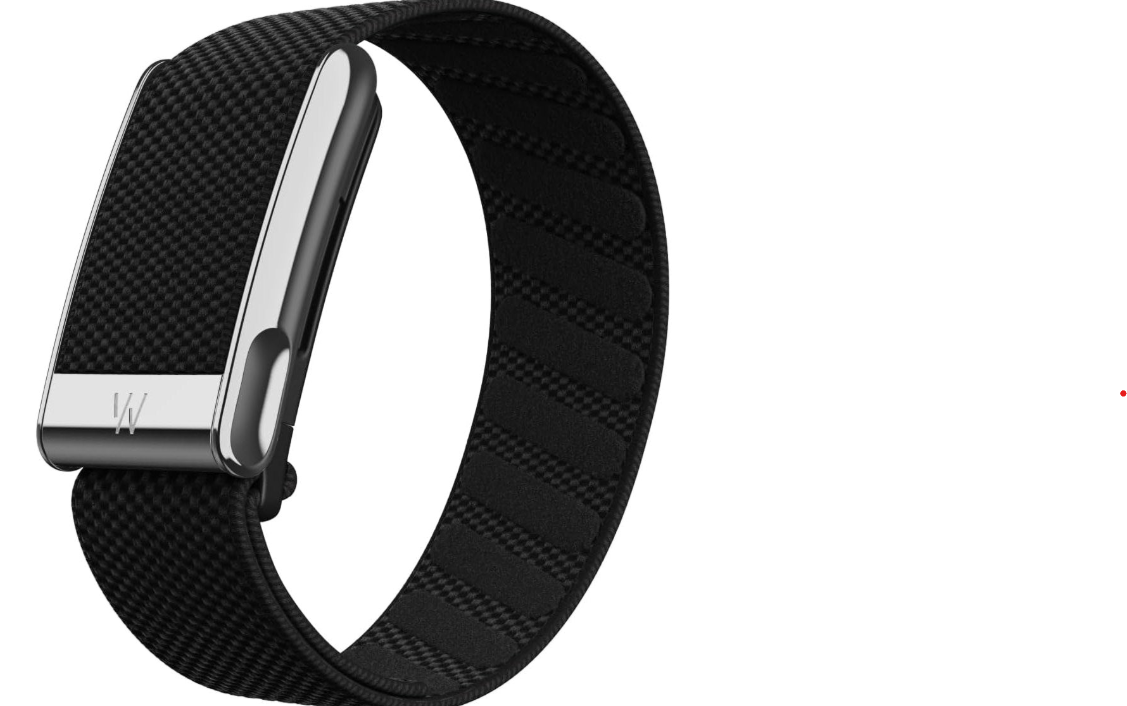Whoop Lawsuit Claims Blood Pressure Monitors Are Falsely Advertised as ‘Medical-Grade’
Rowe v. Whoop, Inc.
Filed: November 18, 2025 ◆§ 3:25-cv-09910
A class action lawsuit alleges that Whoop blood pressure devices do not offer medical-grade health insights as advertised.
California Unfair Competition Law California Consumers Legal Remedies Act California False Advertising Law
California
A proposed class action lawsuit alleges that the Whoop MG device is incapable of providing the advertised blood pressure insights and lacks the requisite Food and Drug Safety Administration (FDA) authorization for a device touted as able to measure or estimate a user’s blood pressure.
Get class action lawsuit and class action settlement news sent to your inbox – sign up for ClassAction.org’s free weekly newsletter.
According to the 30-page false advertising lawsuit, the Whoop MG device, available only through the defendant’s top-tier Life Membership, cannot provide daily medical-grade systolic and diastolic blood pressure estimations or details on how blood pressure impacts well-being and performance, which are shared through Whoop’s “Blood Pressure Insights” (BPI), as advertised.
Central to the Whoop class action lawsuit is a July 2025 FDA warning letter that stated the agency “has not authorized BPI for any use, including for the measurement or estimation of a user’s blood pressure.” The case says that, per the FDA, Whoop’s BPI feature is “intended to diagnose, cure, treat, or prevent disease,” a critical distinction that would necessitate the reclassification of the MG wellness tracker as a bona fide medical device subject to rigorous testing and approval processes.
According to the filing, Whoop failed to disclose that the MG tracker lacked FDA authorization, was not “legally saleable,” and could not provide the medical-grade blood pressure insights touted by the company. The complaint contends that consumers have been misled by Whoop’s representations of its BPI metric and have incurred economic injuries based on the product’s premium purchase price.
“The Products are therefore adulterated and misbranded under the law, legally worthless, and subject to immediate recall,” the lawsuit charges, noting that Whoop is able to charge significantly more for its Life Membership due to its BPI claims for the MG wellness tracker.
Related Reading: Fitness Tracking Tech Company Whoop Facing Class Action Over Alleged Membership Auto-Renewal Practices
The lawsuit highlights that the Whoop MG device at issue is available only after signing up for a Whoop Life Membership, which the case says costs $359 per year, significantly more than Whoop’s other yearly membership offerings. Whoop claims that the MG is the “most powerful Whoop ever,” and that the Life Membership is designed for users looking for an “advanced view of their health” via on-demand ECG readings and daily blood pressure insights, the case continues.
In its warning letter, the suit says, the FDA concluded that the Whoop MG device is intended to provide a measurement or estimation of a user’s blood pressure, and, because such a reading is inherently linked to the diagnosis of hypo- and hypertension, the product is meant for use in the diagnosis of a disease or other condition.
The filing goes on to state that the foregoing understanding of the use of a blood pressure measurement device is supported by the FDA’s classification rules. Whoop effectively failed to distinguish the MG device’s intended use from other blood pressure measurement products, regardless of the defendant’s disclaimers, the lawsuit relays.
“Even accounting for BPI's disclaimers, they do not change this conclusion, because they are insufficient to outweigh the fact that the product is, by design, intended to provide a blood pressure estimation that is inherently associated with the diagnosis of a disease or condition,” the case states.
The case argues that because a blood pressure estimate is a serious metric that provides critical insight into an individual’s health, Whoop’s unregulated device could pose a danger for a consumer who is led to believe the product is actually capable of taking recognized medical measurements. A false reading for an individual with hypertension could lead to “inappropriate reassurance that they have a normal blood pressure,” the lawsuit illustrates.
The plaintiff, a California resident, purchased a Whoop Life Membership with a MG device in 2025 over less-expensive products offered by competitors due to Whoop’s promotion of the tracker as the only product capable of providing medical-grade insights. Had the plaintiff known that the MG device lacked FDA authorization and could not provide medical-grade insights as promised, he would not have bought the product, or would have paid less for it, the complaint says.
The Whoop class action lawsuit looks to cover all California residents who purchased a Whoop MG Device for personal or household use, and not for resale, in the state within the four years prior to the filing of the complaint.
Check out ClassAction.org’s lawsuit list for the latest open class action lawsuits and investigations.
Video Game Addiction Lawsuits
If your child suffers from video game addiction — including Fortnite addiction or Roblox addiction — you may be able to take legal action. Gamers 18 to 22 may also qualify.
Learn more:Video Game Addiction Lawsuit
Depo-Provera Lawsuits
Anyone who received Depo-Provera or Depo-Provera SubQ injections and has been diagnosed with meningioma, a type of brain tumor, may be able to take legal action.
Read more: Depo-Provera Lawsuit
How Do I Join a Class Action Lawsuit?
Did you know there's usually nothing you need to do to join, sign up for, or add your name to new class action lawsuits when they're initially filed?
Read more here: How Do I Join a Class Action Lawsuit?
Stay Current
Sign Up For
Our Newsletter
New cases and investigations, settlement deadlines, and news straight to your inbox.
Before commenting, please review our comment policy.